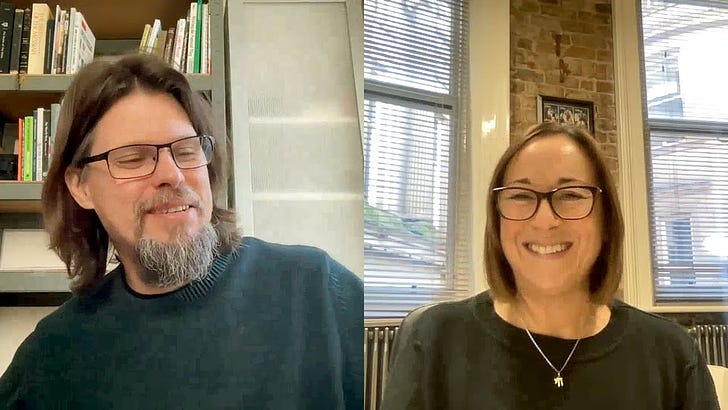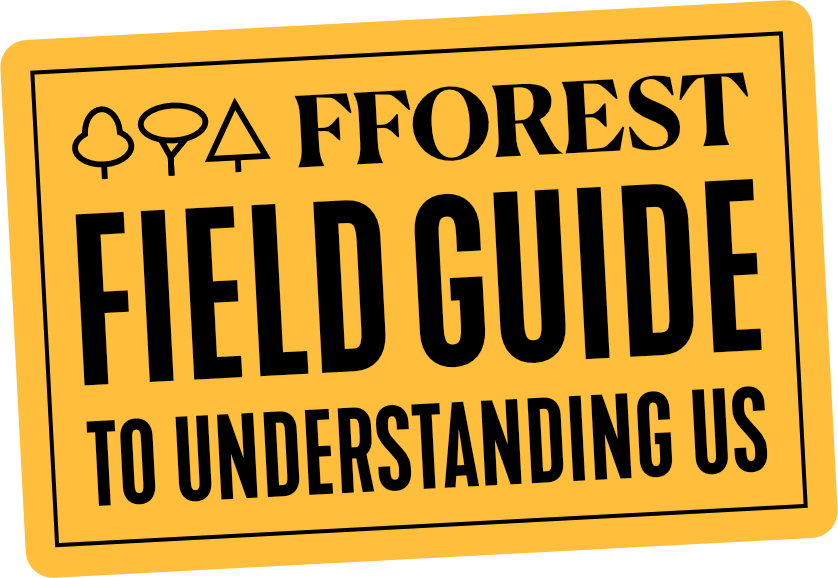I worked for a real wretched lovely company once. When I left, I immediately started looking for a Master’s degree in Human Resources. It had to be a program that would let me do everything online because I had a newborn. A few months later, I committed. All this because I wanted to make a difference after an experience left an awful taste in my mouth. My path changed, a month in, to something a bit more in line with my interests and passions.
Aviva Hargreaves works with Jeff as Head of People and Culture at Ph.Creative. Aviva’s journey to becoming a director of people and culture came to her when she was sure she was heading for a career in another field.
Life changes don’t always show up when we expect it, which means its important to travel through life with an open mind and a higher rate of acceptance. We end up where we’re meant to be.
—Skyler
Name
Aviva Hargreaves
Habitat
Manchester, England
Occupation
Head of People and Culture at Ph.Creative
Soundtrack
The first time I heard this piece of music I was travelling to Seattle for work and desperately trying to get some sleep. I accidently stumbled across it and found it instantly calming. It has the ability to soothe me every time I play it. (Spotify)
Watch Jeff’s conversation with Aviva in full or read some of the highlights below.
—Skyler
I am the head of People and Culture at Ph.Creative. I think people are trying to move away from the term “HR” and perhaps from the connotations that are attached to it.
I had a friend that used to say that where she worked, they called HR, human remains. You can’t get much lower than that. I think it can be done very badly and I have lots of friends who come and talk to me about what poor HR experiences they have, and I think that makes me strive to want to be the best that I can possibly be.
I think most of us [who work in HR], myself included, just fall into HR in some shape or form.
I did psychology at university and thought I would be a clinical psychologist, but the truth of the matter is life just got in the way. I moved to London and there weren’t many clinical psychologist roles for juniors.
I got an admin job when I moved to London and thought, “Okay, I really want to do something with psychology...”. So I did a Masters in Organizational Psychology. It was more of the business side and I actually found it really interesting. I came out of that thinking, “Oh great, I can go and join a big corporation and be an occupational psychologist.”
I fell into recruitment and thought that it might help me move into that path. I then joined another company and was doing graduate recruitment and other in-house recruitment, which I really enjoyed. I wasn’t really sure it was what I wanted to do, but I enjoyed the people I was working with and I liked bringing people into the organization.
I remember it really clearly, I was on a training course for a company that I worked at. The company had just gotten an HR director. They’d never had one before. Before that the personal assistant to the CEO was HR. I said to the HR director, “Oh you know, If you ever need anyone to help, I could be really interested.”
Two weeks later she got in touch with me and said, “You know what you said to me on that training course? I actually do need some help because there is a lot to do. We have loads of good stuff going on if you’d like to transfer across you can.” That was it. I went straight into the deep end of being an HR manager.
I then went to work for Bloomberg as their European HR Business Representative and I looked after all the journalists. That was absolutely fascinating.
While I was at Bloomberg, HR was on a different floor to everybody else, as you’d expect. But I really wanted to understand the journalists’ stress. They were up when the stock exchange opened no matter what country they were in and they were writing the “Bloomberg way” which is very specific copy. This was then going to all the different financial institutions around the world.
So, I would go and sit for a morning at different desks. I would sit with General or I would sit with Stocks, just to watch what they were doing, really understand the pressure they were under, and the work they were doing. I would listen to them talk as a group and how the managers would interact. Then, I would, once a week, sit in a little cubicle at the edge of their floor so no one could really see me. I would say, “I’m up here if anyone wants to come chat to me about anything.”
Because people would see me around and about, I wasn’t this ethereal, “Oh she’s from the dungeon” – because we were in the basement. This was a real turning point for me in my career. This was when I felt as though I really understood the business. I couldn’t be a journalist and I couldn’t write copy, so it was nothing like that at all, but it just felt like I understood better how people were interacting as Bloomberg employees.
This was also giving them the ability to pop in for five minutes and say, “I need to talk to my manager about something, I’m just not sure how to do it.” So we would break it down and talk about what we need to do that. Sometimes I would even go around the back and say to the manager, “I think someone’s struggling, maybe think about this or think about that…”
It’s not necessarily about fixing things because I think people have to be a part of their own solution, but I’m just trying to be the right piece of the puzzle. I didn’t want to just always be that person on the ground floor or on another floor. It’s about just being accessible. That’s always been a key thing for me. That and integrity because people seem to think that is lacking in the HR role.
What drives me every day, is I want to be somewhere where people have a good experience when they interact with the people department.
My dad was a dentist before he retired, he’s a phenomenal man. He always used to say to me, when we’d talk about good dentists, bad dentists, and everything in between, “Aviva, I have to get up everyday and look at myself in the mirror and try to be the be best person I can be. I have to go in and do the best possible job I can.”
That’s always, always stuck with me. So for me, integrity is around trying to be the best version of myself and encourage that in other people as well. Am I doing right by people? Am I doing the best I can? Am I alive to what’s going on? Work is a rollercoaster like it always is. I say to people, “If you’re not stocking shelves it’s probably going to be bumpy at different points.”
For me, it’s always about asking, Are we putting in the right policies? And when we’ve had to make people redundant, are we doing that in the best way we possibly can? Are we being empathetic? Are we making it as palatable as we can? Integrity is tied in with empathy as well and just trying to manage these sorts of relationships.
I absolutely hate firing people. Absolutely hate it and it never gets easier, nor should it, I recognize that. For me, it’s doesn’t matter where I sit in an organization, it has never gotten easier.
What is really key is disconnect. I have learned to do that better as I have coached managers and gone through more processes. Whether it’s large scale collective consultations or down to it’s just not working out for one person, I always make sure we’re doing the right thing.
Another key for me has been to try and make it as easy as possible for me and also the managers to help them through it. It’s a horrible thing for anybody to have to do. It’s horrible to be on the receiving end. It’s horrible for everybody. How can we make it as clean and as palatable as possible?
About 18 months ago, my sister was looking for a new job. There were a lot of different reasons but, she was unhappy and desperately wanted a new job. She and I worked together to do that for her. To make a very long story short, she saw a job advertised in The Guardian and told me she saw the job. So this is great. She said, “But it’s in The Guardian.” I said to her, “Okay? Someone’s got to get it.”
She thought that because she’d seen it in the paper that there was no way she would going to get the job. I said, “But you might. You’re definitely not going to get it if you don’t apply for it.”
I worked with her all the way through, from just tearing apart her CV to all the way through the process to when she was offered the job. It was a really big thing for me because I couldn’t have done that if I hadn’t done the job that I was doing and because I took so much from the recruitment side and from the interview side.
We joked that I was “Team Her” and that is exactly what it became. She would have an interview that she felt went terribly and there was no way she was going to get the job. We would unpick that and do a lot of decoding to try and stop the overthinking that took place.
Job hunting is hard. It's can be quite brutal. What we've tried to do over the last year here is to make that process better. I'm all about feedback and I'll drive [my team] mad. “When did you get back to them? Did you get back to them?” If interviews are going to be delayed, tell them they are going to be delayed.
When [people are] applying for a job and – even if it's bad news – tell them quickly. Tell them, tell them that they’ve not got the job. Then they can move on. You know, tell them why the process is taking a long time. Tell them, tell them, tell them.
We've got to help people with that journey, whether we are at the end of that journey or not. We've got to try to make it better for people, you know?








I wish Aviva had been part of the HR departments in my former career, where all and any personnel “issues” were boomeranged back to the managers.
She is truly the embodiment of HUMAN kindness.